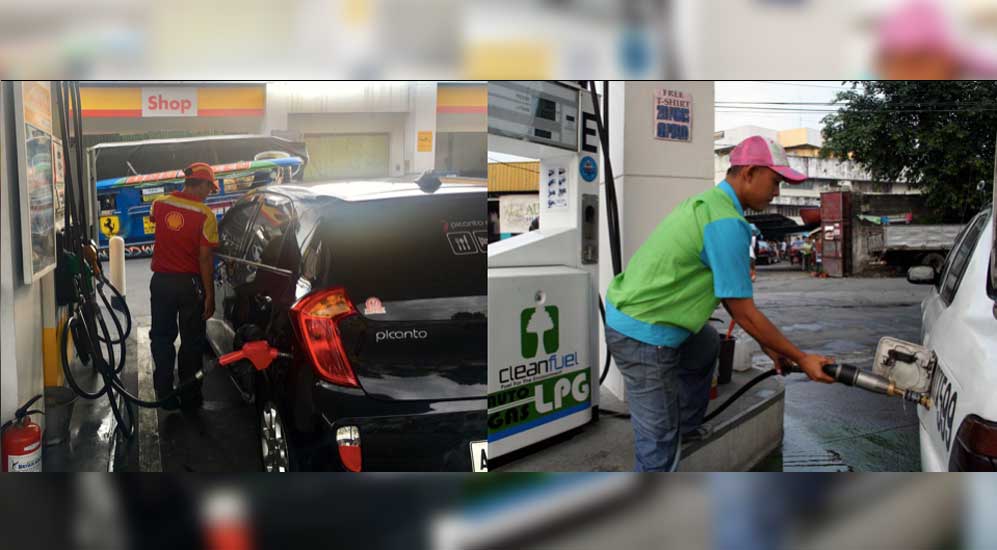Photo from Jhay Jalbuna/THEPHILBIZNEWS
In the midst of inflation and weak peso, the Philippines’ net oil import bill in the first half of the year has reached $5.678 billion which is up by 32.8 percent from $4.277 billion in the same period a year ago due to the higher oil prices in the world market. However, our country’s demand and peso devaluation were also part of the factors.
The net oil import is the difference between the country’s net imports and exports.
From January to June this year, the oil import bill was at $6.31 billion which is up by 34.4 percent from first half 2017’s $4.69 billion.
The Department of Energy explained why this is happening and the trend now and they said, “It was attributed to the combined effects of higher import cost and increased import volume of crude oil vis-à-vis last year.”
The average total product import cost average was around $74.812 per barrel versus $57.962 per barrel in the same period last year.
And as inevitable, the foreign-exchange rate must also be included as contributing factor. The peso was weaker during the period, averaging 51.974: $1 compared to 49.928:$1 in the same period last year. The total imports of 53.8 percent comprised finished products and 46.2 percent was crude oil.
Around 90 percent of the total crude mix was sourced from the Middle East being the top supplier of crude oil in the country particularly Saudi Arabia. While Kuwait is the second with a 24.6-percent share of the total crude mix, followed by the UAE, Qatar and Oman with 18.6, 6.2 and 2.6-percent share, respectively. Russia is also one of the sources of oil of the Philippines with equivalent to an 8.4-percent share.
In terms of earnings of the country’s petroleum exports, it rose by 51.5 percent from $417.8 million in the first half last year to $633.1 million this year.
Meanwhile President Rodrigo Duterte has expressed his concern on the rising price of oil that causes to drive the prices of the basic commodities high.
Last week, the President was already alarmed by the skyrocketing oil prices and the re imposition of fuel surcharges. He asked his cabinet members who determines the imposition of fuel surcharge and DOTr Chief Arthur Tugade said it was the Civil Aeronautics Board (CAB).
While Energy Secretary Alfonso Cusi explained that about 50 percent of the Philippines’ energy needs is dependent on oil while the rest are sourced from renewable and indigenous sources.
Read related stories:
High airfares due to fuel surcharge concerns Duterte
After blaming US President Donald Trump, Duterte now blames oil prices for high inflation
The continued oil price hike, plus excise tax being imposed has raised concerns not only to ordinary Filipinos but also to employers. The Employers Confederation of the Philippines (ECOP) worries by inflation, seeks suspension on fuel excise tax and they came up with a statement asking the President for this in order to prevent mass layoff.
Read related story:
Employers Confederation worries by inflation, seeks suspension on fuel excise tax














